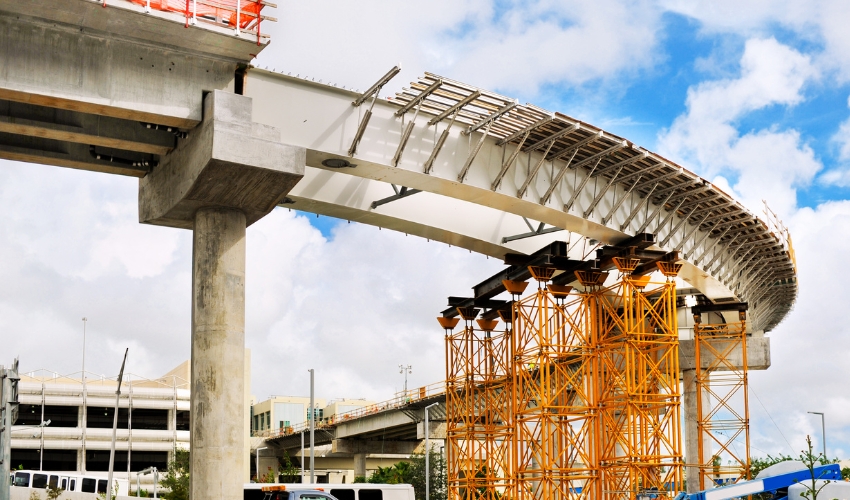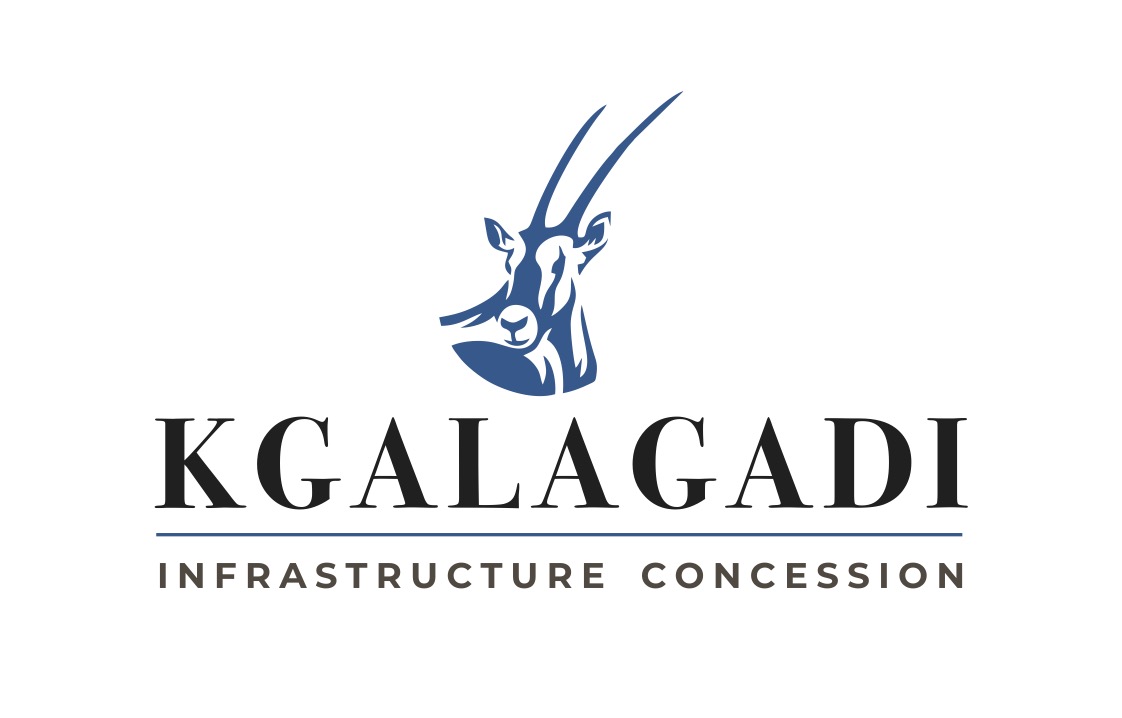Our Areas of Expertise
Kgalagadi Infrastructure Concession is positioned to meet Botswana’s infrastructure demands across various sectors:
Transport
Infrastructure
Development

Highways and national road networks
Border post modernization and logistics corridors
Rail transport and intermodal connectivity
Airports and aviation infrastructure
Urban transit systems, including bus rapid transit (BRT)
Energy & Utilities
Infrastructure
Development

Renewable energy (solar, wind, hydro) development
Power generation and transmission networks
Water supply, sanitation, and wastewater treatment plants
Smart grids and energy-efficient infrastructure solutions
Commercial &
Industrial
Infrastructure

Special Economic Zones (SEZs) for industrial and commercial expansion
Logistics and trade hubs
Business parks and office complexes
Manufacturing infrastructure to support industrialization
Telecommunications & Digital Infrastructure

Fibre-optic networks and broadband expansion
Data centers and cloud computing infrastructure
Smart city initiatives with IoT (Internet of Things) integration
Digital payment systems and e-governance solutions
Social
Infrastructure
Development

Hospitals and healthcare facilities
Schools, universities, and technical training centers
Affordable housing and urban residential developments
Sports and recreation centers
Explore our core competencies with Public – Private Partnerships relating to high impact infrastructure development projects.

Strategic Partnerships
Government Agencies
Ensuring alignment with national policies and regulatory frameworks
Government agencies play a crucial role in setting policies, regulatory guidelines, and development priorities for infrastructure projects. They oversee compliance with national and international legal frameworks, facilitate project approvals, and establish public-private partnership (PPP) models that support economic growth and service delivery. Their involvement ensures infrastructure projects align with strategic development goals, sustainability standards, and public sector objectives.
Financial Institutions
Securing capital investment for long-term infrastructure projects
Banks, development finance institutions, and private investors provide essential funding for infrastructure projects, offering capital through loans, bonds, and equity investments. Their role involves assessing financial risks, structuring long-term funding models, and ensuring that PPPs remain financially viable while delivering sustainable public benefits. By leveraging innovative financing mechanisms, such as blended finance and infrastructure funds, they help bridge funding gaps and enhance project feasibility.
Engineering & Construction Firms
Implementing world-class infrastructure solutions
Engineering and construction firms are responsible for designing, building, and maintaining infrastructure that meets global quality and safety standards. Their expertise ensures that projects incorporate innovative construction techniques, efficient resource utilization, and sustainable materials. By leveraging advanced project management methodologies, they help deliver cost-effective, high-quality infrastructure solutions that fulfill both private sector investment goals and public service demands.
Local Communities & NGOs
Ensuring inclusive development and socio-economic benefits
Local communities and non-governmental organizations (NGOs) play a critical role in promoting equitable infrastructure development. Their engagement helps ensure that projects address community needs, minimize environmental and social disruptions, and create employment opportunities. NGOs often advocate for responsible infrastructure development, pushing for transparency, environmental sustainability, and fair labor practices to maximize the socio-economic benefits of large-scale projects.
